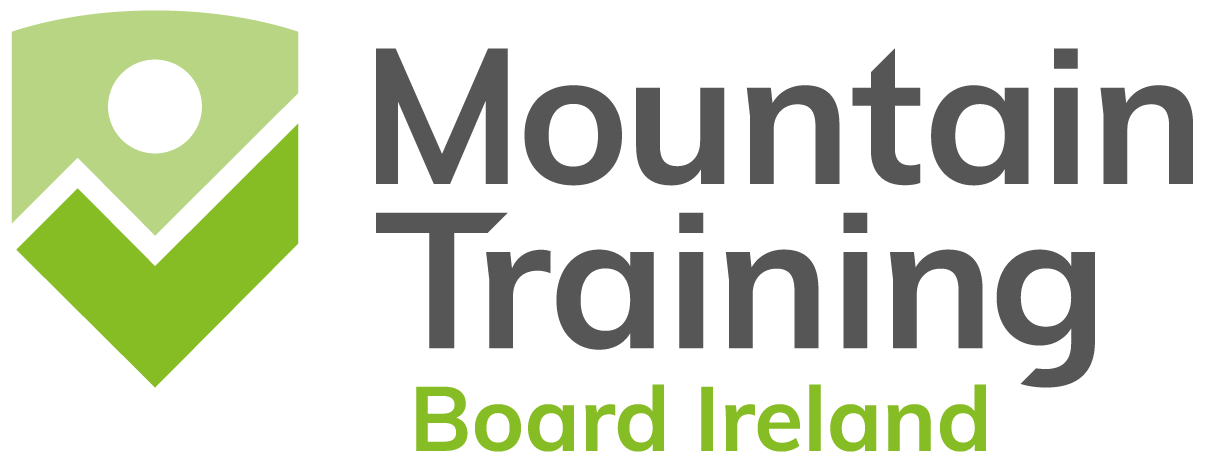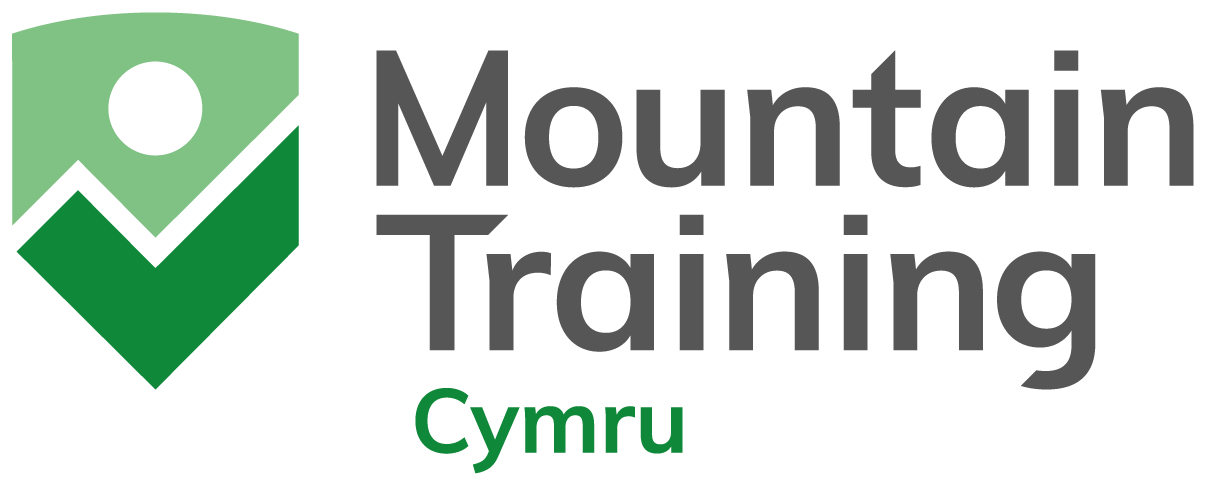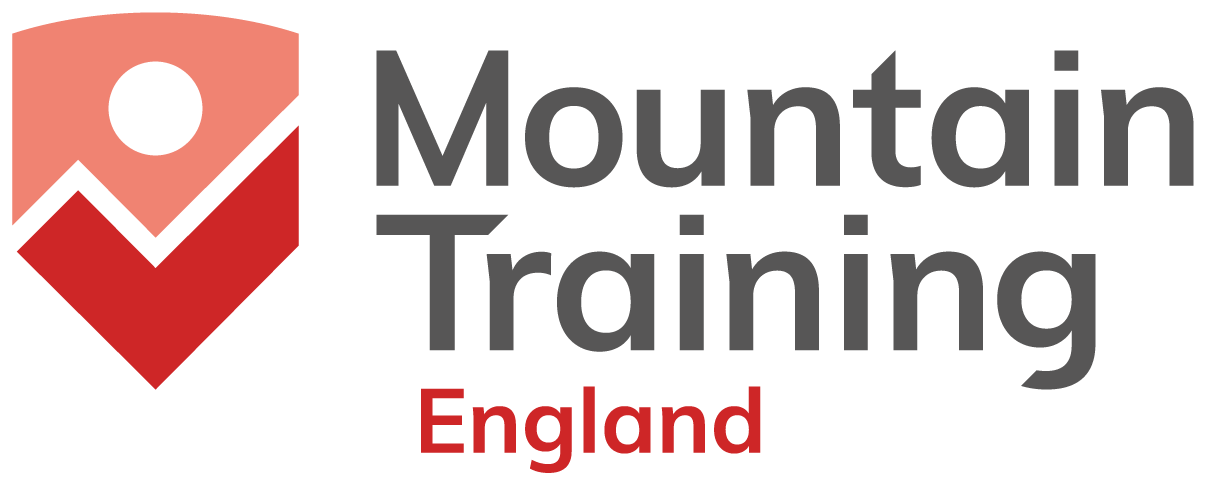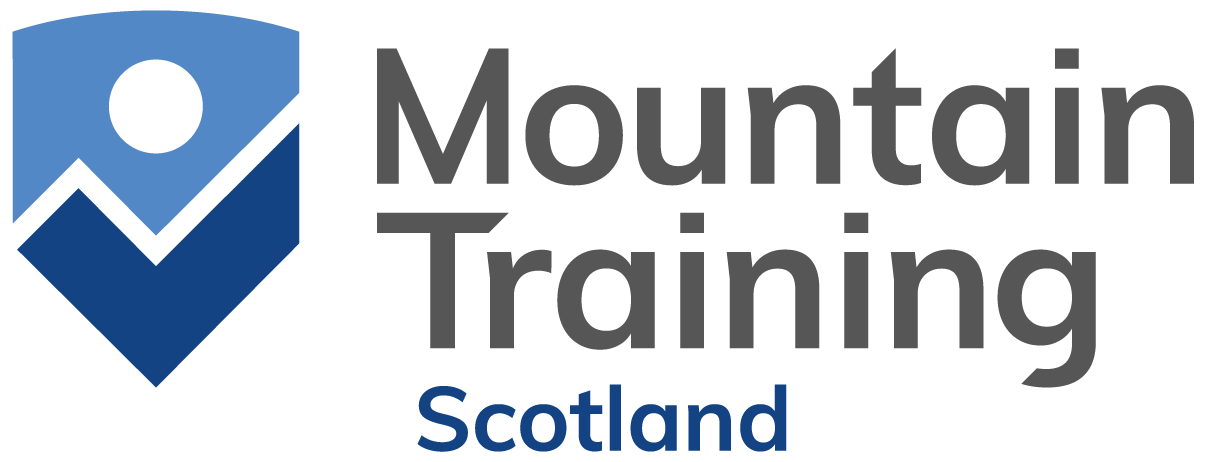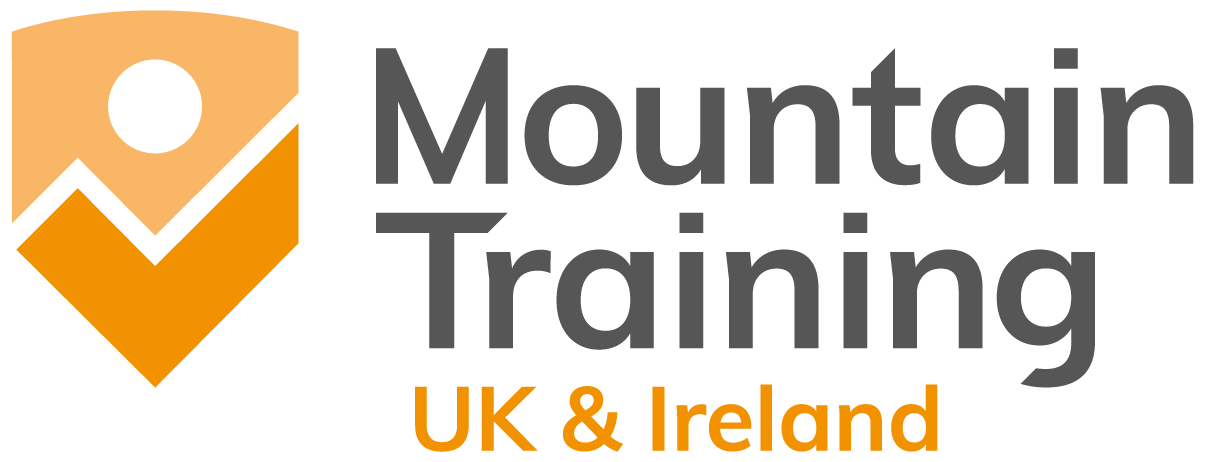The procedures outlined below detail the stages involved in a complaint (an expression of dissatisfaction with a service) and an appeal (relating to a training or assessment result).
The procedures apply to all national Mountain Training organisations:
- Mountain Training Board Ireland
- Mountain Training Cymru
- Mountain Training England
- Mountain Training Scotland
- Mountain Training UK and Ireland
Each of these boards approves providers to deliver their respective schemes. If you are in any doubt about which national Mountain Training organisation to contact please email info@mountain-training.org or call the office: 01690 720272.
What is an appeal?
An appeal is where a candidate feels they have not been given fair opportunity to demonstrate competence at assessment and therefore dispute the result given. If a candidate disputes the result given at training the Candidates Complaints Process is used.
What constitutes an appeal?
A candidate disagrees with an assessment result, for example defer or fail, as they feel and can evidence, the assessment process was unfair or unjust.
Potential appellants must understand that the national Mountain Training organisations are not normally able to overturn assessment results due to not being present during delivery. In the case of an appeal being upheld alternative options will be considered, which may include nullification of the assessment.
What is a complaint?
A complaint is any expression of dissatisfaction, whether oral or written, from or on behalf of a complainant about a national Mountain Training organisation’s provision of, or failure to provide, a service.
What constitutes a complaint?
The conduct and/or behaviour of a course staff member and/or the course provider is alleged by the complainant to have fallen below the standards of the appropriate national Mountain Training organisation.
The service or quality of experience provided by a course provider and/or their associated staff is alleged by the complainant to have failed to meet the standards of the appropriate national Mountain Training organisation.
A failure to reasonably ensure a candidate’s safety and well-being is alleged against a course staff member and/or the course provider.
Appeal procedure
Stage One
Appeals must be received by the appropriate national Mountain Training organisation within three months of course completion.
Once an appeal is received it is normally initially considered at Stage One.
The main objective of Stage One is to assist the candidate to reach a clear understanding as to why decisions were made resulting in an assessment course result. Candidates should therefore, in the first instance, contact the course provider and seek to explain the reasons for the result directly with them.
A technical staff member contacts both parties by phone and/or email to offer support. The individual concerned impartially supports dialogue between both parties to find resolution.
Direct entry to Stage Two is possible at the discretion of the technical staff member where significant prior communication has been evidenced or the issue concerned prevents effective Stage One communication.
Stage Two – Formal investigation
Stage 2 occurs where;
- Communication has broken down between the two parties or
- The proposed resolution is not acceptable to either party at Stage One.
Resolution is possible at any point during Stage Two if acceptable to both parties.
Once the complaint is acknowledged to be at Stage Two the process follows a number of steps;
1. Statement
The appellant submits a statement to the appropriate national Mountain Training organisation outlining the following;
- Appellant name and MTID
- Provider and course staff concerned
- Course and dates concerned
- Summary of issues raised
- Evidence for each issue raised
- A suggestion on acceptable outcome/s
- The statement forms the basis of the subsequent investigation.
The Technical Staff member acknowledges receipt of the statement and in doing so declares an individual as the Investigation Lead. Both parties are informed in writing and when doing so the statement is shared with the provider and course staff concerned.
The Investigation Lead is required to complete a declaration of interest on accepting the role. This is shared with both parties. Either party can object to the Investigation Lead chosen within five working days of declaration.
The Investigation Lead’s role is to independently oversee the appeal investigation. In doing so the Investigation Lead establishes the facts by gathering evidence and receives written and verbal submissions by all parties.
Mountain Training recognises that some individuals may have difficulty submitting a statement in writing. As a result the appellant is offered the opportunity to communicate their views in person or by video conferencing to the appropriate national Mountain Training organisation to support their statement submission. This is not mandatory. The appellant may choose to have a supporting individual present. Minutes are taken by the Investigation Lead (or another party) and agreed by those present before being shared with both parties.
2. Investigation
The Investigation Lead establishes the facts of the case. This may involve;
- Further questioning of each party via email, phone or video conferencing
- Supplementary evidence submission on the Investigation Lead’s request
- The Investigation Lead contacting witnesses
The Investigation Lead ascertains and compiles a summary of facts from the statement with supporting evidence. Only established, evidenced facts which relate to the case are stated.
3. Outcome
On the basis of these established facts the Investigation Lead forms a decision to uphold or not uphold the appeal and outlines an appropriate course of action. The Investigation Lead communicates the outcome and any further course of action to both parties.
Final appeal
Both parties have the right to final appeal if they have concerns regarding the legitimacy of the investigation or the appropriateness of further action taken. It is not possible to appeal against the outcome and in doing so request reconsideration of the case. Appellants must have legitimate cause for concern and present their case to the Executive Officer within four weeks of the complaint outcome being given. The Executive Officer will decide whether there is a case to answer. If a final appeal is granted this will be considered by an independent panel drawn from the national Mountain Training organisations who have not been involved with the case.
Complaint procedure
Stage One
Complaints must be received by the appropriate national Mountain Training organisation within three months of the incident occurring.
Once a complaint is received it is normally initially considered at Stage One.
During Stage One the Technical Staff member contacts both parties by phone and/or email to offer support. The individual concerned impartially supports dialogue between both parties to find resolution.
Direct entry to Stage Two is possible at the discretion of the Technical Staff member where significant prior communication has been evidenced, the issue raised is particularly serious or the issue concerned prevents effective Stage One communication.
Stage Two – Formal investigation
Stage Two occurs where;
- Communication breaks down between the two parties or
- The proposed resolution is not acceptable to both parties at Stage One.
Resolution is possible at any point during Stage Two if acceptable to both parties.
Roles of key parties
- Investigation Lead – To independently oversee the complaint investigation. In doing so the Investigation Lead establishes the facts by gathering evidence and receives written and verbal submissions by all parties.
- National Mountain Training organisation's Board – The final decision to uphold the complaint or not is made by the Board of Directors. They declare any subsequent further course of action. It is not the role of the Board of Directors to reinvestigate the case.
Stage Two steps
Once the complaint is acknowledged to be at Stage Two the process follows a number of steps;
1. Statement
The complainant submits a statement to the appropriate national Mountain Training organisation outlining the following;
- Complainant name and MT ID (if applicable)
- Provider and course staff concerned
- Course and dates concerned
- Summary of issues raised
- Evidence for each issue raised
- A suggestion on acceptable outcome/s
The statement forms the basis of the subsequent investigation.
The Technical Staff member acknowledges receipt of the statement and in doing so declares an individual as the Investigation Lead. Both parties are informed in writing and when doing so the statement is shared with the other party.
The Investigation Lead is required to complete a declaration of interest on accepting the role. This is shared with both parties. Either party can object to the Investigation Lead chosen if within five working days of declaration.
The national Mountain Training organisations recognise some individuals may have difficulty submitting a statement in writing. As a result the complainant is offered the opportunity to communicate their views in person or by video conferencing to the appropriate organisation to support their statement submission. This is not mandatory. The complainant may choose to have a supporting individual present. Minutes are taken by the Investigation Lead (or another party) and agreed by those present before being shared with both parties.
2. Investigation
Each party is given equal opportunity to communicate their views.
The Investigation Lead establishes the facts of the case. This may involve;
- Further questioning of each party via email, phone or video conferencing. Both parties have a right to request questioning in methods noted above.
- Supplementary evidence submission on the Investigation Lead’s request.
- The Investigation Lead contacting witnesses.
The Investigation Lead ascertains and compiles a summary of facts from the statement with supporting evidence. Only established, evidenced facts which relate to the case are stated.
These facts and evidence are presented to the Complaints Panel (a sub-committee of the appropriate national Mountain Training Board) along with a recommendation to uphold, partially uphold or not uphold the complaint. No further comment is given nor reference to evidence not in the initial statement or subsequent investigation. The recommendation is made on the balance of probability.
3. Complaints panel
The Complaints Panel is comprised of Board members who adjudicate on the evidence presented to them and propose any outcome/s to the full Board for agreement. The Board is responsible for making any final decisions. The Panel may request further clarity on specific points in which case the Investigation Lead addresses these with the parties concerned. This may relate to previous investigations or sanctions imposed. Any subsequent appeal will be headed by a director not involved in the Complaints Panel stage.
4. Outcome
The appropriate Board considers the recommendations made by the Complaints Panel.
The Investigation Lead or Executive Officer communicates the outcomes to both parties. If sanctions are imposed or further training is required as a result of upholding recommendations this is addressed prior to communicating with the complainant.
Appeal
Both parties have the right to appeal if they have concerns regarding the legitimacy of the investigation process or the appropriateness of the sanctions imposed. It is not possible to appeal against the outcome and in doing so request reconsideration of the case. Appellants must have legitimate cause for concern and present their case to the Executive Officer within 4 weeks of the complaint outcome being given. The Executive Officer will decide whether there is a case to answer. If an appeal is granted this will be considered by an independent Appeals Panel including an independent director as described above, and members drawn from the national Mountain Training organisations who have not been involved with the case. Appellants will be informed of the membership of the Appeals Panel and may lodge an objection within five days of declaration if they feel that any member is not sufficiently independent. The outcome of the Appeals Panel is final.
Vexatious complaints
The national Mountain Training organisations reserve the right to identify a complainant as vexatious after having exhausted the complaints process. Where such an individual has been identified, and evidence given, the appropriate national Mountain Training organisation will communicate this to the individual concerned. Hence forth verbal and written communication will cease.
